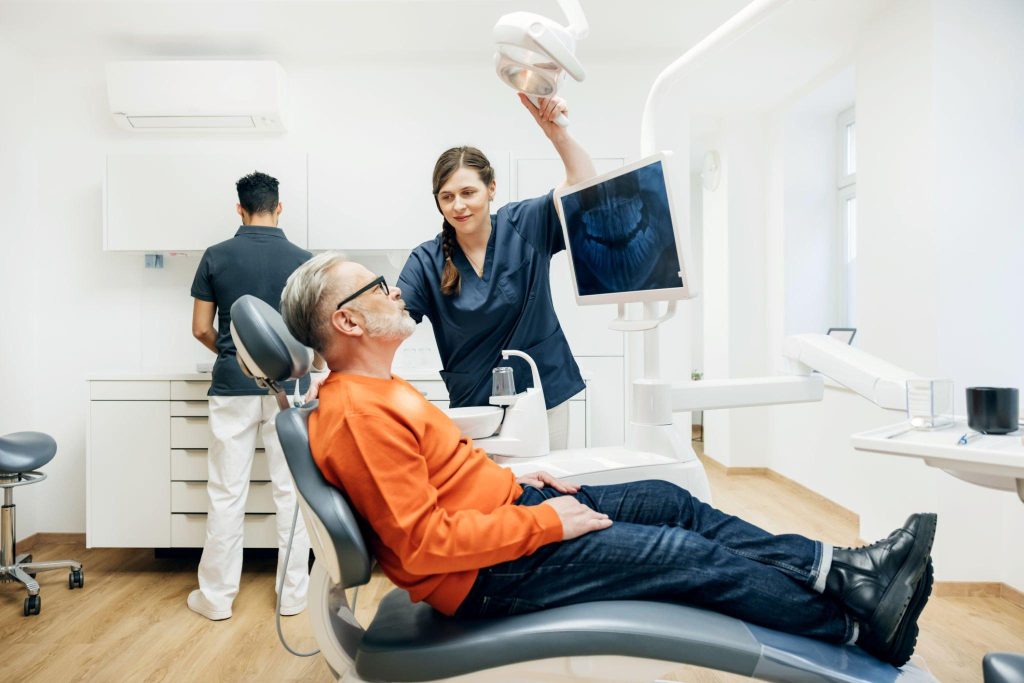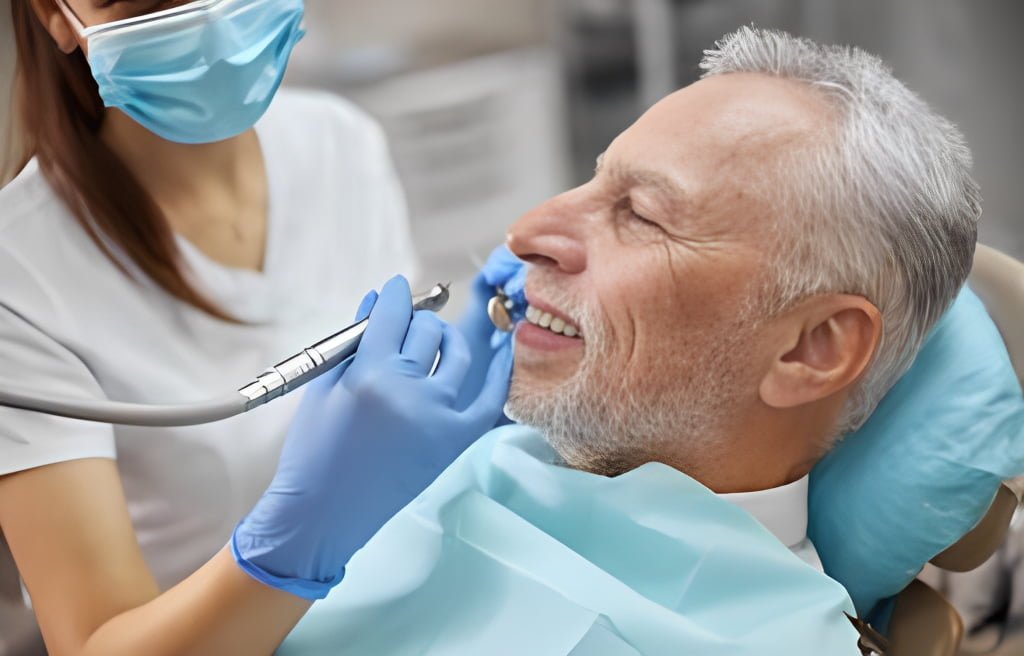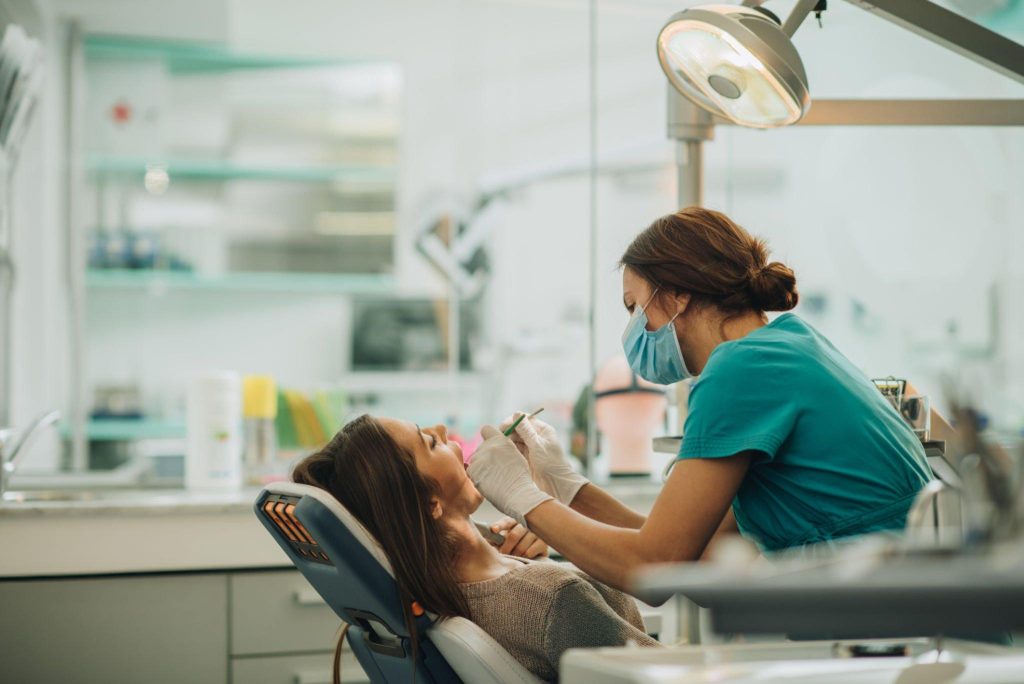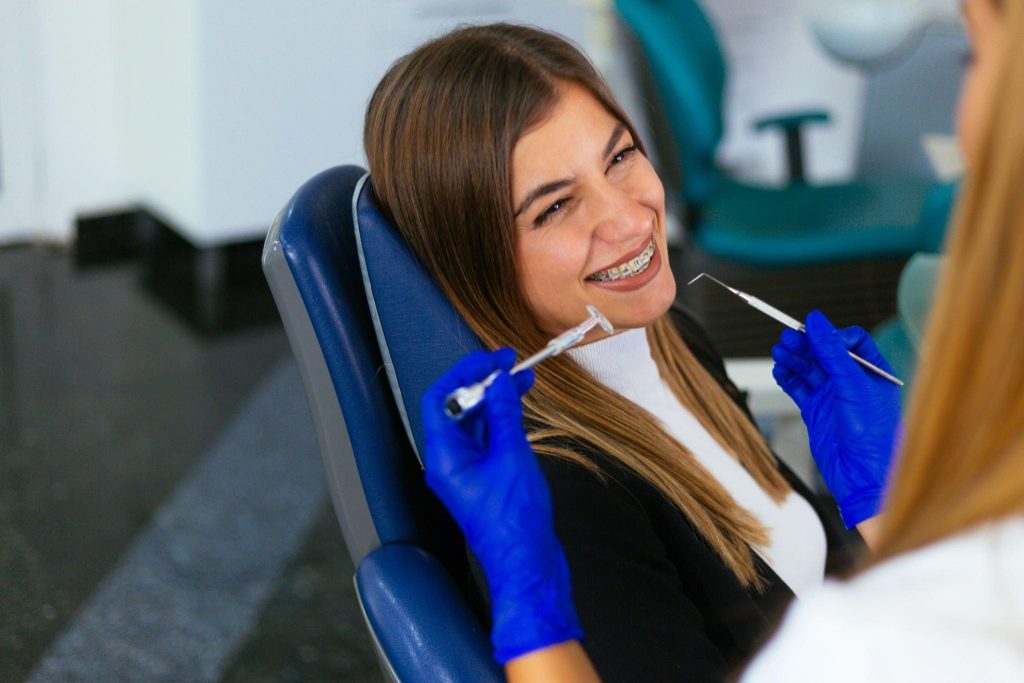Advanced education for dental hygienists, particularly at the baccalaureate level, is playing a critical role in enhancing oral care delivery across diverse healthcare settings. As highlighted by Stolberg and Tilliss (2016), and supported by recent research, baccalaureate-educated dental hygienists are equipped with broader skills and knowledge, enabling them to contribute significantly to the dental care team and improve patient outcomes.

Advancing Dental Hygiene Education
Elevating the Profession
The transition towards advanced degrees in dental hygiene reflects a growing recognition of the importance of comprehensive oral healthcare education and its impact on overall patient health.
Key Aspects:
- Expanded Curriculum: Incorporating a wider range of subjects and practical skills.
- Interprofessional Education: Preparing hygienists for collaborative healthcare environments.

Impact on Oral Care Delivery
Enhancing Quality of Care
Baccalaureate-educated dental hygienists bring a higher level of expertise to their practice, which translates into improved quality of oral health care.
Benefits Include:
- Comprehensive Patient Care: Ability to address complex oral health needs.
- Improved Patient Education: Enhanced skills in educating patients about oral health.
- Versatility in Practice: Adaptability to various clinical and community settings.

Role in Diverse Healthcare Settings
Expanding the Scope of Practice
With advanced education, dental hygienists are well-positioned to work in various settings, including private practices, community health centers, and hospitals.
Diverse Roles:
- Hospital-Based Practice: Contributing to patient well-being and reducing hospital stays (Juhl & Stedman, 2016).
- Public Health Initiatives: Participating in community health programs and outreach.
- Research and Academia: Engaging in research to advance the field of dental hygiene.

Overcoming Barriers to Advanced Education
Addressing Challenges in Dental Hygiene Education
Despite the clear benefits, there are challenges in pursuing advanced degrees in dental hygiene, including financial constraints and work-life balance considerations.
Addressing Educational Barriers:
- Financial Support and Scholarships: Providing resources to make advanced education more accessible.
- Flexible Learning Options: Offering part-time and online courses to accommodate working professionals.

The Future of Dental Hygiene Practice
Preparing for an Evolving Healthcare Landscape
As the field of dental hygiene continues to evolve, baccalaureate education prepares hygienists to meet future challenges and embrace new roles in oral health care.
Future Trends:
- Expanded Clinical Roles: Taking on more complex clinical responsibilities.
- Leadership and Management: Leading teams and managing dental practices.
- Interprofessional Collaboration: Working closely with other healthcare professionals to provide integrated care.
Conclusion
The role of baccalaureate-educated dental hygienists is becoming increasingly important in the context of modern oral healthcare.
Their advanced education equips them with the skills and knowledge to provide high-quality care, educate patients effectively, and adapt to diverse healthcare settings. As the demand for comprehensive oral healthcare continues to grow, these advanced practitioners will play a pivotal role in meeting the oral health needs of the population.
